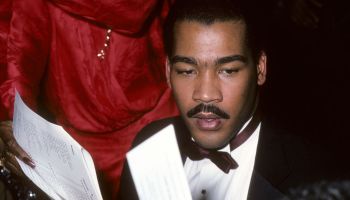As has been the case at several high-stakes moments in his political career, Obama rose to the rhetorical task. He laid a heavy guilt trip on the beltway stalwarts who have “for years” stopped progressive change. “We face a deficit of trust—deep and corrosive doubts about how Washington works,” he said. “To close that credibility gap, we must take action on both ends of Pennsylvania Avenue…to give our people the government they deserve.”
Obama then ticked off a long list of ideas—from community college reform to new trade agreements overseas—designed to boost the competitiveness of the American economy, but also to win the approval of his audience of Republicans, Democrats and ordinary Americans. While some of these policies—such as the move to freeze non-military discretionary spending after 2011, or directly challenge the Supreme Court’s recent ruling on corporations and campaigns—are controversial, Obama understood that the state of the union is the rare speech in which policy details matter far less than tone. Indeed, Speaker of the House Nancy Pelosi noted just after the address concluded: “Good policy is probably good politics, but the fact is that what’s important is what it means to the American people.”
So Obama wisely doled out a heap of feel-your-pain empathy, waved the American flag of resilience in the face of hard times, and bashed the banks regularly. He “set the record straight” on just who got the United States deep into debt, and also took responsibility for some of the confusion that has reigned in the debate on health care. He also mixed in enough humor to afford himself an occasion to flash that million-dollar smile.
His performance, roundly praised by colleagues in the House and Senate, was critical in a moment in which progressives are disheartened by Obama’s dip in popularity and a crushing electoral defeat in Massachusetts. With November elections just around the corner, congressional Democrats are feeling hounded, and their leadership is openly divided. Republicans are emboldened by the success of their party-of-no strategy. And voters are in a throw-the-bums-out kind of mood—62 percent say the nation is headed in the wrong direction. In the House of Representatives, “We were frustrated and wondering,” says Keith Ellison, a member of the Congressional Black Caucus from Minnesota. “The circumstances that we’re in are difficult, and we were looking for him to shoot some light back into the moment. I think he did a good job of that.”












